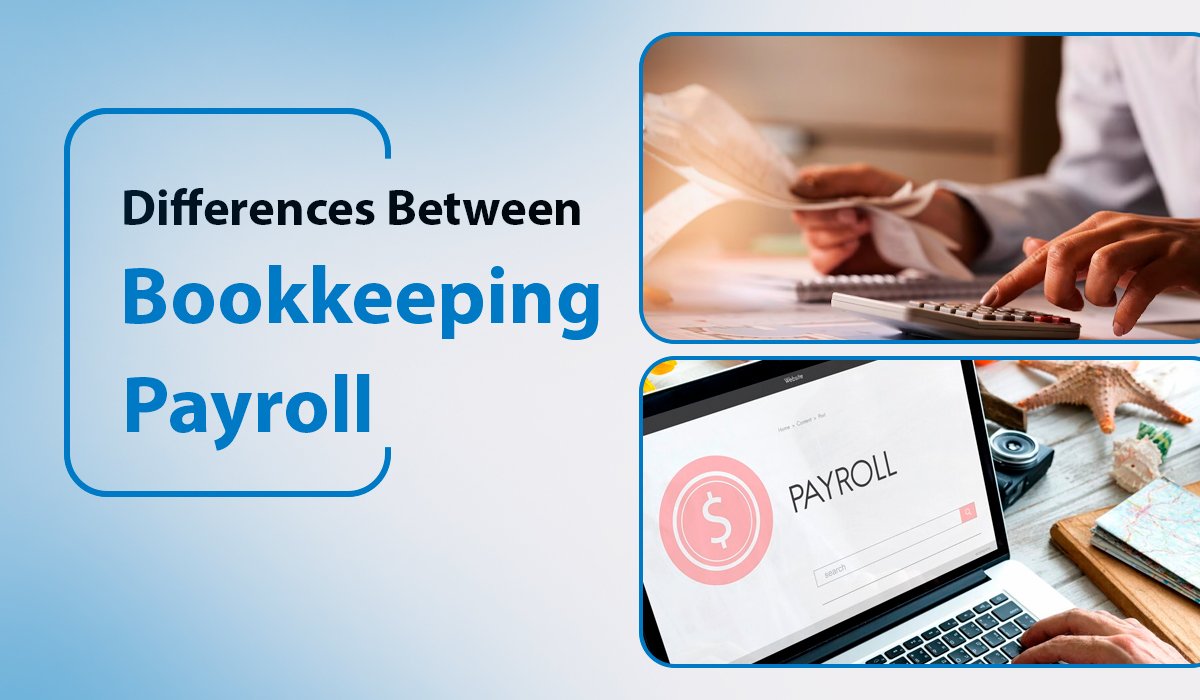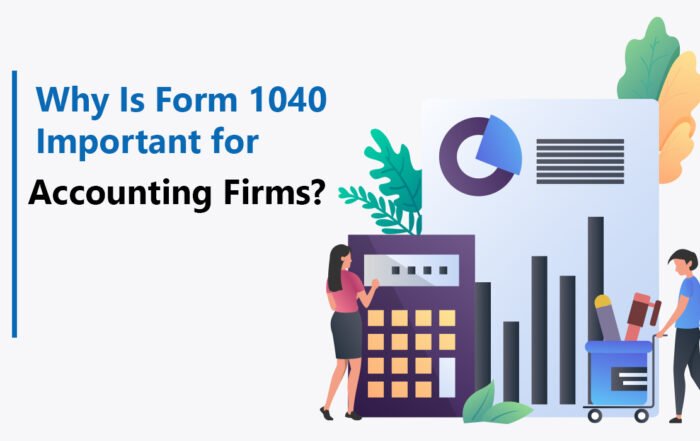In the world of business finance, bookkeeping and payroll are two critical functions that often cause confusion. Although the two may appear quite similar, one is used purely for warm-up while the other is an actual test that requires mastery of some skills. Financial management is considered clear in Lints Advisors where we comprehend that aspect. It will also enable you to distinguish between payroll vs bookkeeping services and discover how you can benefit from each of them.
Understanding Bookkeeping
What is Bookkeeping?
Bookkeeping services is well defined as the methodical writing and classifying of business transactions in a commercial entity. This ranges from tracking of sales, purchase, income and payments. Bookkeepers make sure that all the recorded data is correct and keep the balance sheets updated in order to depict a picture in front of the authorities regarding the position of the company.
Key Functions of Bookkeeping:
- Recording Transactions: Bookkeepers keep a record of all business transactions they may include sales, purchases, and payments. This is done using accounting software or traditional ledgers.
- Managing Accounts Receivable and Payable: They include account receivable which represents the amount of money that clients owe the business and account payable which depicts the amount of money the business owes to others.
- Reconciling Bank Statements: Bank statement reconciliation makes sure that the record that the company has is in agreement with the record held by the bank.
- Generating Financial Reports: A bookkeeper can produce income statements, balance sheets and cash flow statements that are important in the decision making of an organisation.
- Maintaining Financial Records: They are responsible for maintaining proper records of all the financial records, receipts and invoices.
Why is Bookkeeping Important?
Accurate bookkeeping services is vital for several reasons:
- Financial Clarity: Many are aware of their strengths, weaknesses, opportunities, and threats and this in a way offers clarity in decision making on the company’s financial position.
- Tax Preparation: Accurate records help in tax computation and take into account the provisions of taxes.
- Audit Readiness: Proper accounting helps the business to easily prepare for any audit.
Understanding Payroll
What is Payroll?
Payroll means the total procedure of remunerating employees or as called, paying of wages. It may involve issues like computing wages, deductions such as taxes and anything having to do with remunerations and their timely and correct disbursal. Payroll also encompasses the processing of benefits, bonuses, as well as deductions, among the employees.
Key Functions of Payroll:
- Calculating Salaries and Wages: The payroll officers determine the gross remunerations that an employee is legally entitled to in accordance with their working hours or committed wages.
- Withholding Taxes: They retain the appropriate federal, state, and local taxes from the employees’ paychecks.
- Managing Benefits and Deductions: This includes the medical insurance, pension, and others that are regarded as part of the remunerations for the services offered by employees. Payroll professionals also ensure that all these deductions are properly applied when computing the employees’ ID.
- Issuing Paychecks: They make sure that employees are paid fairly and as and when due provided either through bank transfer or cheque.
- Maintaining Payroll Records: Many organisations have a payroll section which contains records of all the payments and the deductions that are vital in compiling and filing taxes and other audits.
Why is Payroll Important?
Effective payroll management is essential for:
- Employee Satisfaction: The element of accuracy and timely payment proposes a greater value among the workers as they have reliability in their organisations.
- Legal Compliance: Accurate payroll also guarantees that they have complied with the laws of labour relations as well as the tax laws.
- Financial Planning: That is why modern scholars emphasise the importance of precise records of the payroll in order to sync with the budget and financial planning.
Bookkeeping vs. Payroll: Key Differences
While bookkeeping payroll are both essential for business operations, they have distinct differences:
- Scope of Work:
– Bookkeeping: It refers to the process of documenting every financial operation that occurs in the business institutions.
– Payroll: Pertains to the compensation of employees and such subtractions there from.
- Focus:
– Bookkeeping: Aims at the general well being of the business with regard to its financial ability to do business.
– Payroll: It centres itself with the task of handling employees’ remunerations and rewards.
- Skills Required:
– Bookkeeping: This one demands general knowledge about accounting and its relation to reporting financial information.
– Payroll: Requires knowledge in the tax laws, labour regulations and employee’s benefits.
- Frequency:
– Bookkeeping: Continuous process which requires daily, or weekly or monthly repetitive work.
– Payroll: Traditionally performed in the specified interval, it can be weekly, bi-weekly, or maybe monthly.
Selecting the Service Provider to Work with
It is crucial to establish the primary distinctions between bookkeeping and payroll so that the appropriate services can be obtained for your business. Lint’s Advisors provides you with services of bookkeeping as well as Payroll services to meet all your requirements.
- For Comprehensive Financial Management: Hire our bookkeeping services to help you in logging all the income and expenditure in your business.
- For Employee Compensation Management: Select our Payroll Services for paying employees and other remunerations along with benefits effectively.
Generally, firms gain from the combination of both services to enhance operational flow and effective management of the company’s finances. Lints Advisors provides affordable and easy to understand packages where the business opts to get both bookkeeping and payroll services.
Conclusion
Bookeeping and payroll processing are two core elements in the administrative structures of businesses and operate in capacities that are complementary to each other in the overall scheme of finance. We at Lints Advisors strive to offer unbelievable bookkeeping and payroll services to guarantee your business’s success. If you signed up for highly accurate financial records, or easily managed payroll, our dedicated team is always with you. Call us today for more information on how we can support you with your bookkeeping payroll services.
Financial Sector Trends: What the 2025-26 Budget Reveals
The Union Budget 2025-26, unveiled by Finance Minister Nirmala Sitharaman, has set the stage for transformative changes in India's financial sector. The upcoming budget concentrates on developing economic expansion while making credit options more accessible [...]
Empowering Women: Financial Planning for 2025
In today's dynamic financial world, empowering women through tailored financial planning is more crucial than ever. Women often face unique financial challenges, including longer life expectancies, career breaks for caregiving, and persistent wage gaps. Addressing [...]
Why Is Form 1040 Important for Accounting Firms?
When it comes to the world of taxes, Form 1040 holds a central position. It is often referred to as the "U.S. Individual Income Tax Return" and serves as the primary document taxpayers use to [...]





